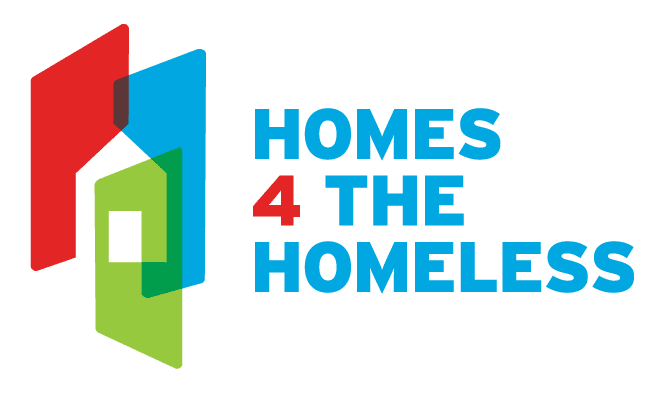New Ordinance Punishes Unhoused Residents with Fines and Jail, As the Bay Area Faces a Shortage of 700,000 Affordable Homes
In mid-summer 2025, at a time when many are heading to beaches and soaking up the California sun, Bay Area homeless encampment resident Janeen Milliken is fighting back tears and loading the last of her belongings into a rundown vehicle.
Janeen is among the many unhoused individuals who were living in makeshift shelters in Ohlone Park. Now, thanks to move-along ordinances drafted to criminalize homelessness, she must find a new place to store her same old circumstances.
“I’m not exactly sure,” she said when reporters from ABC7 inquired about where she would go next.
Since the overturning of Martin v. Boise (a law that once made it illegal to arrest or ticket homeless people without having enough available shelter beds), law enforcement is mostly tasked with pushing homeless people deeper into obscurity or moving them from one region to another. There is no longer an obligation or even a gesture to house them. Even a temporary shelter is no longer an option.
The housing crisis, compounded with the climate crisis, the opiate epidemic, and the nationwide mental health breakdown, has created a cornucopia of houselessness that can no longer be hidden by the shadows of the night. Nor can it be manipulated by carefully crafted imagery and biased mainstream media language. Indeed, people in positions of power are facing a great deal of pressure to resolve the homeless issue. Their response? Making surviving on the streets a misdemeanor crime.
Redwood City is the Latest in a Long List of Cities to Make Public Camping a Misdemeanor
Welcome to Redwood City, where being homeless is punishable by a misdemeanor charge and up to six months in jail.
Herein, you will find housing prices that are 190% higher than the national average, not to mention a housing shortage so severe that it represents 10% of the nationwide deficit. For clarity, the US has a shortage of just over 7 million affordable homes, and 700,000 of those homes are missing in the San Francisco Bay Area alone. These numbers make it impossible to argue that homelessness is driven by anything other than the lack of affordable housing.
Next City researchers present information that suggests local leaders are turning to criminalization to create the false perception that homeless people are deviant, and also because they have more control over law enforcement than they do over the general population.
There are many problems with this punitive approach. Some of the most glaring issues are as follows:
- Criminalization doesn’t reduce homelessness or even reduce unsheltered homelessness.
- There are no communal benefits to this punitive approach.
- Homeless people who are arrested, cited, or fined are less likely to be able to obtain housing or employment in the future.
- Loss of possessions during sweeps can mean being cut off from much-needed assistance.
All of these issues are important to bear in mind, but perhaps the least spoken of and most horrifying problem is the fact that the penalties grow harsher as they increase.
Harsher Penalties and Prison Sentences Cause Suffering While Solving Nothing
We are a nation with a concerningly wide wealth gap, one where the ability to surpass one’s parents in social status has become more like folklore than an American dream.
Natural disasters displace three million people annually. One in 30 school-aged children lacks a stable home. Stagnant wages, high rates of inflation, and an insatiable appetite for artillery and forever wars are the reasons many people are unhoused.
The idea that we can solve the crisis of low wages and sky-high rents by jailing homeless people for standing too close to a storefront is absurd. Poverty isn’t a crime, but policies like these treat it as one. And instead of rethinking this failed approach, cities are doubling down — piling on harsher fines and longer jail terms. These measures don’t reduce homelessness; they punish people for being poor. Worse still, they trap people in a cycle of criminal records, lost belongings, and missed opportunities that make rebuilding a stable life nearly impossible.
This is happening at a time when the average American worker is one disaster away from winding up on the streets without a home. If we allow our local leaders to respond to poverty with harsh and extreme punishments for our poor neighbors, how can we expect compassion for our own circumstances?
“By treating visible poverty as a crime, we resort to stigma over solutions and cruelty over care,” said Professor Sara Rankin in an exclusive exchange with the Invisible People reporting team.
Professor Rankin has dedicated her career to seeking justice for unhoused and marginalized people. She is the founder and Director of the Homeless Rights Advocacy Project at Seattle University School of Law.
When asked about the latest Redwood City ordinance, she was appalled, stating, “That’s not justice: it’s counterproductive cruelty disguised as policy. When cities choose to punish people for surviving in public, they entrench a revolving door of suffering that fixes nothing, makes homelessness worse, and condemns us all.”
Talk to Your Legislators About These Increasingly Harsh Penalties for Homelessness
Political pressure is being applied to politicians about this issue. The problem is that it’s coming from the wrong side of the argument. Corporate investors, mega landlords, ill-informed local residents, and NIMBYs are taking the time to make their voices heard, and that is why bans like the Redwood City Camping ban are in full effect.
What about your voice?
Talk to your local legislators about taking more effective and humane approaches to the homeless crisis by making housing a human right.
